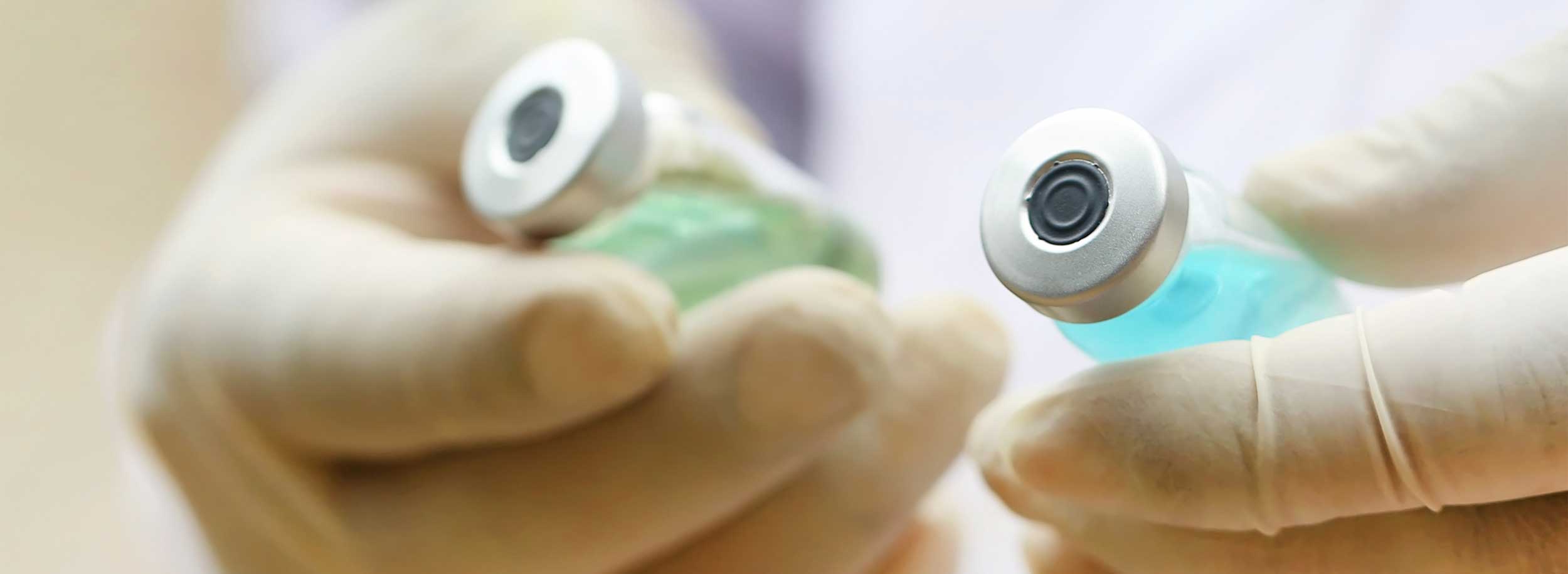An article in the summer issue of the Journal of the Generics and BIosimilars Initiative (GaBI Journal) emphasizes the need for improved pharmacovigilance with biologic medicines in the UK.
The article, entitled “Poor traceability of biologicals in UK ADR reporting indicates the need for improvements to ensure patient safety” covers the UK BIO-TRAC study, which conducted an online survey of hospital pharmacists and analysed total of 6,108 electronic Adverse Drug Reaction (ADR) reports in order to assess the effectiveness of pharmacovigilance legislation enacted in 2012 to strengthen product identification. As the study authors explain,
Due to their complex structures and the inherent challenges for manufacturing, a degree of minor variability may exist between different batches of the same product and between original biological and follow-on versions, so-called biosimilars. Thus, when adverse drug reactions (ADRs) occur, it is important to know the precise brand name and batch number of the biological involved.
Several studies have concluded, however, that specific product details are not always provided in ADR reports. Consequently, the aim of this study (UK BIO-TRAC study) was to assess the extent to which biologicals are traceable by brand name and batch number in UK hospital practice and in reports of ADRs submitted by patients and healthcare professionals.
The study revealed that brand name recording in routine hospital processes ranged from 79% to 91%, whereas batch numbers were less routinely recorded, ranging from 38% to 58%. Among the ADR reports analyzed, only 38% had an identifiable brand name and 15%, batch numbers. (Note: this is consistent with ASBM’s 2019 survey of UK physicians, which revealed that only 30% consistently include the batch number in ADR reports and 18% rarely or never include them.)
As the authors conclude, “Whereas batch number traceability in electronic ADR reports improved slightly after the implementation of the European Union pharmacovigilance legislation in 2012, no improvement of brand name traceability was observed in the UK.”
Yet as ASBM noted in its April 2020 presentation at the World Health Organization’s 70th Consultation on International Nonproprietary Names, fully 35% of adverse event reports submitted in the EU for infliximab products in 2018 did not specify a brand name, according to EudraVigilance, the EMA’s database of suspected adverse drug reaction reports.
In order to ensure the accurate identification of all biologic medicines, in 2014 the INN Expert Group recommended the WHO implement the Biologic Qualifier (BQ) proposal – a voluntary standard which affixes distinct four-letter suffixes to the names of biologics which share a nonproprietary name. Despite early support from many countries including the U.S., Canada, Australia, Japan, and others the BQ proposal remains unimplemented. The FDA has since adopted its own BQ-like suffix system.
The article appears in GaBI Journal Volume 9, Year 2020, Issue 2, and may also be read online here.
Read the abstract of the UK BIO-TRAC study here.
Learn more about ASBM’s work to advance the distinct naming of biologics globally here.
